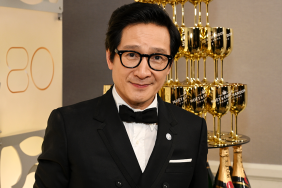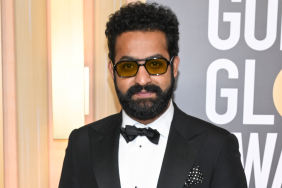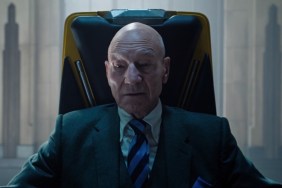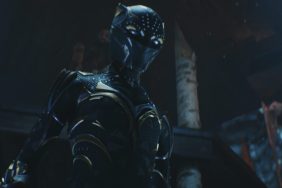ComingSoon’s Jeff Ames had a chance to speak with Moon Knight composer Hesham Nazih about his terrific score for the Marvel Disney+ TV series. Nazih is an Egyptian composer, who has more than 40 award-winning soundtracks under his belt and is a staple of blockbuster Egyptian films.
Jeff Ames: Thanks for speaking with ComingSoon about your score for Moon Knight. I love the series…










